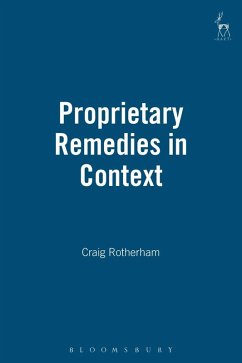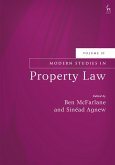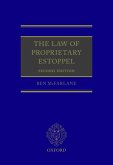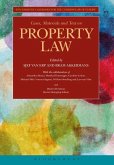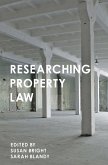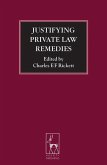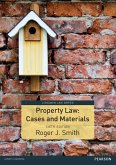There is a tension in English law between the idea that the courts might provide a remedy by creating new property rights and the understanding that the judiciary's role is limited to the protection of existing proprietary interests with the power to redistribute property residing in the legislature alone. While there are numerous instances in which the courts intervene to readjust property rights,these are disguised in metaphor and fiction. However, this has meant that the law in this area has developed without open consideration of justifications for redistributing property. The result of this is that there is little coherence in the law of proprietary remedies as a whole and a good deal of it is indefensible. The book examines redistributive processes such as tracing, subrogation and proprietary estoppel and the use of the constructive trust in the context of contracts to assign property, vitiated transactions, the profits of wrongdoing and the breakdown of intimate relationships. It contrasts the English treatment of this area of law with developments in other common law jurisdictions where a more dynamic understanding of property has permitted more open acknowledgement of the judicial role in redistributing proprietary rights.

